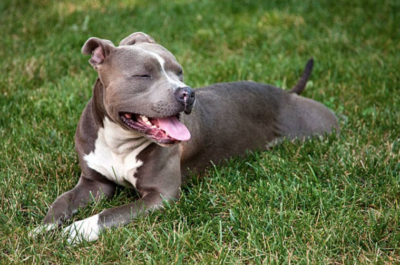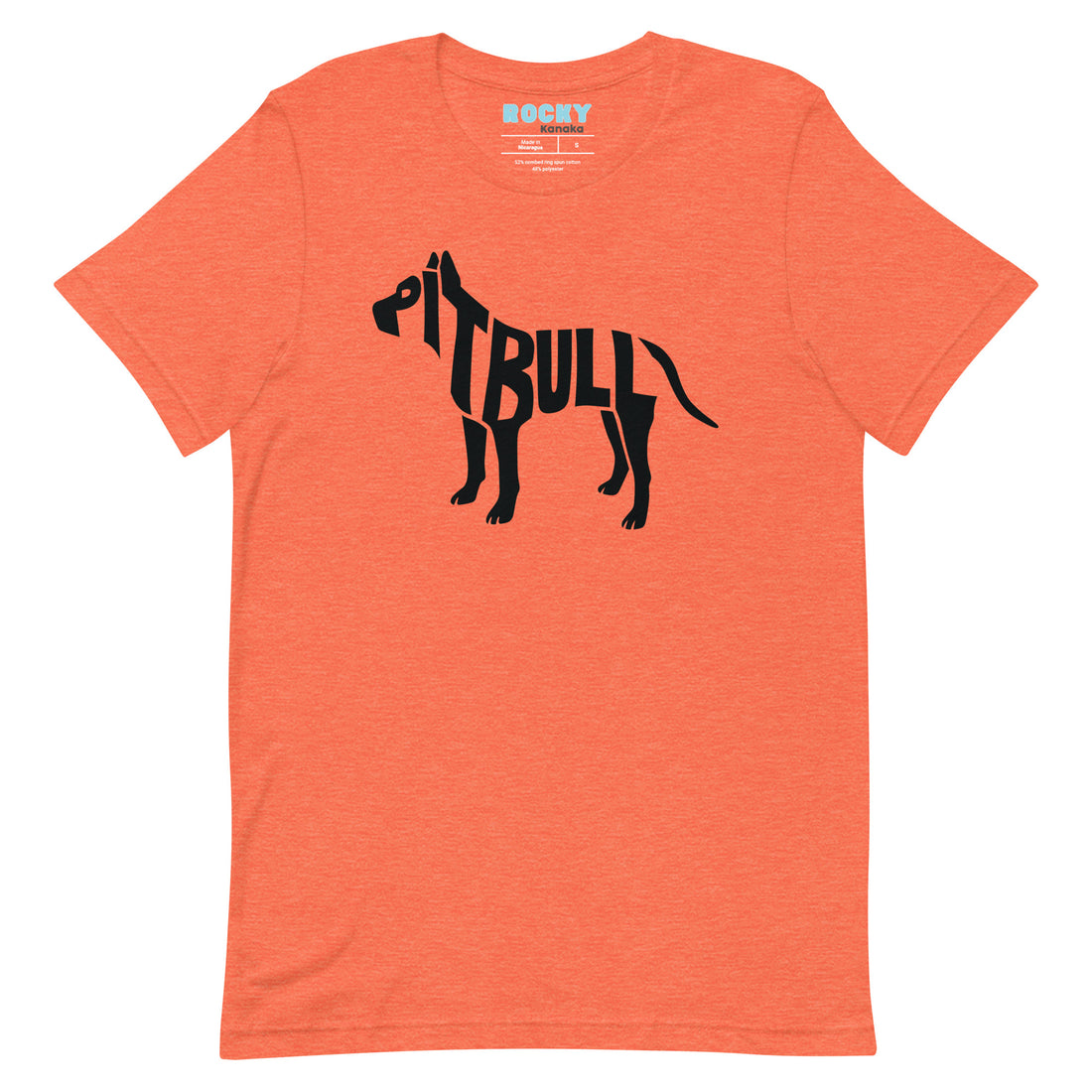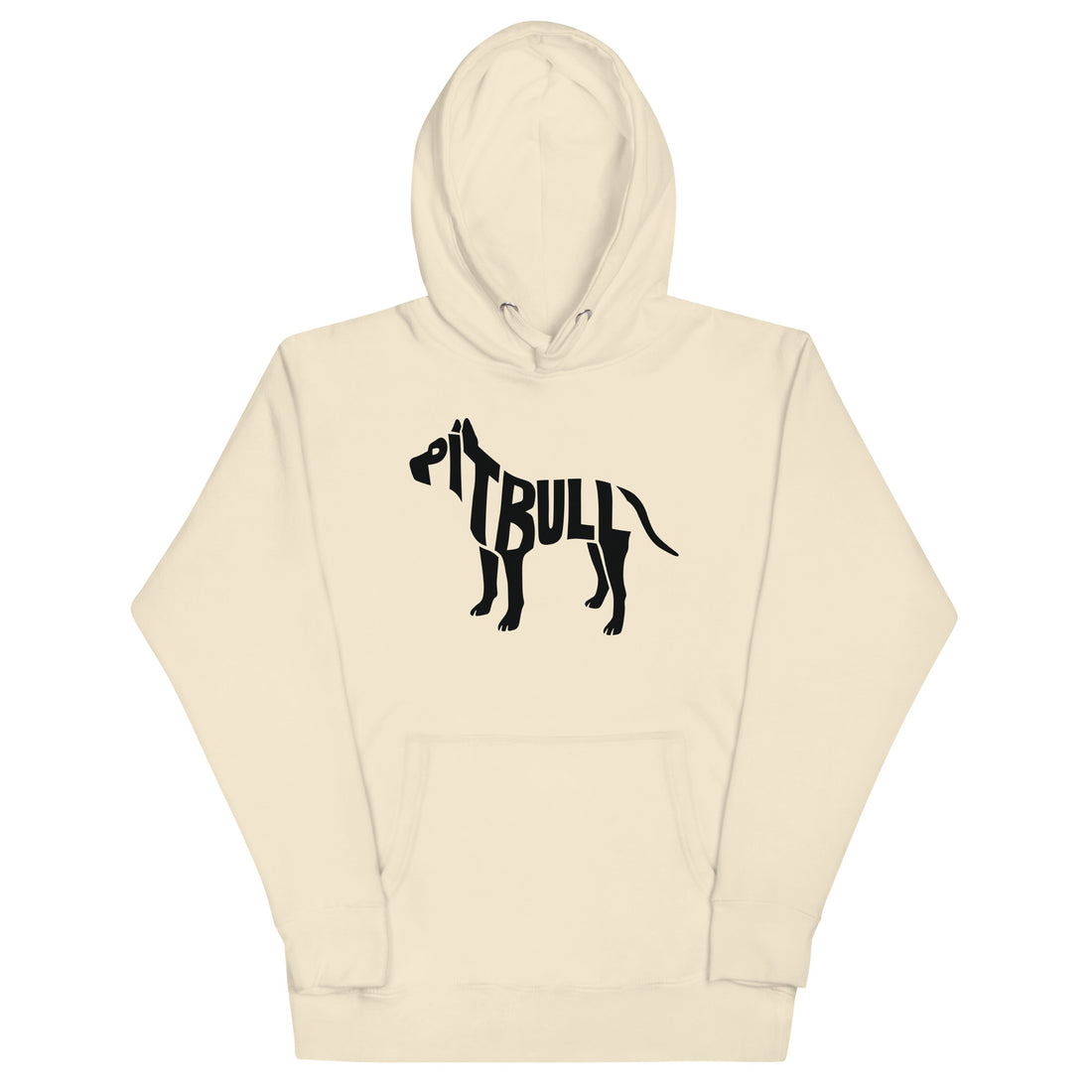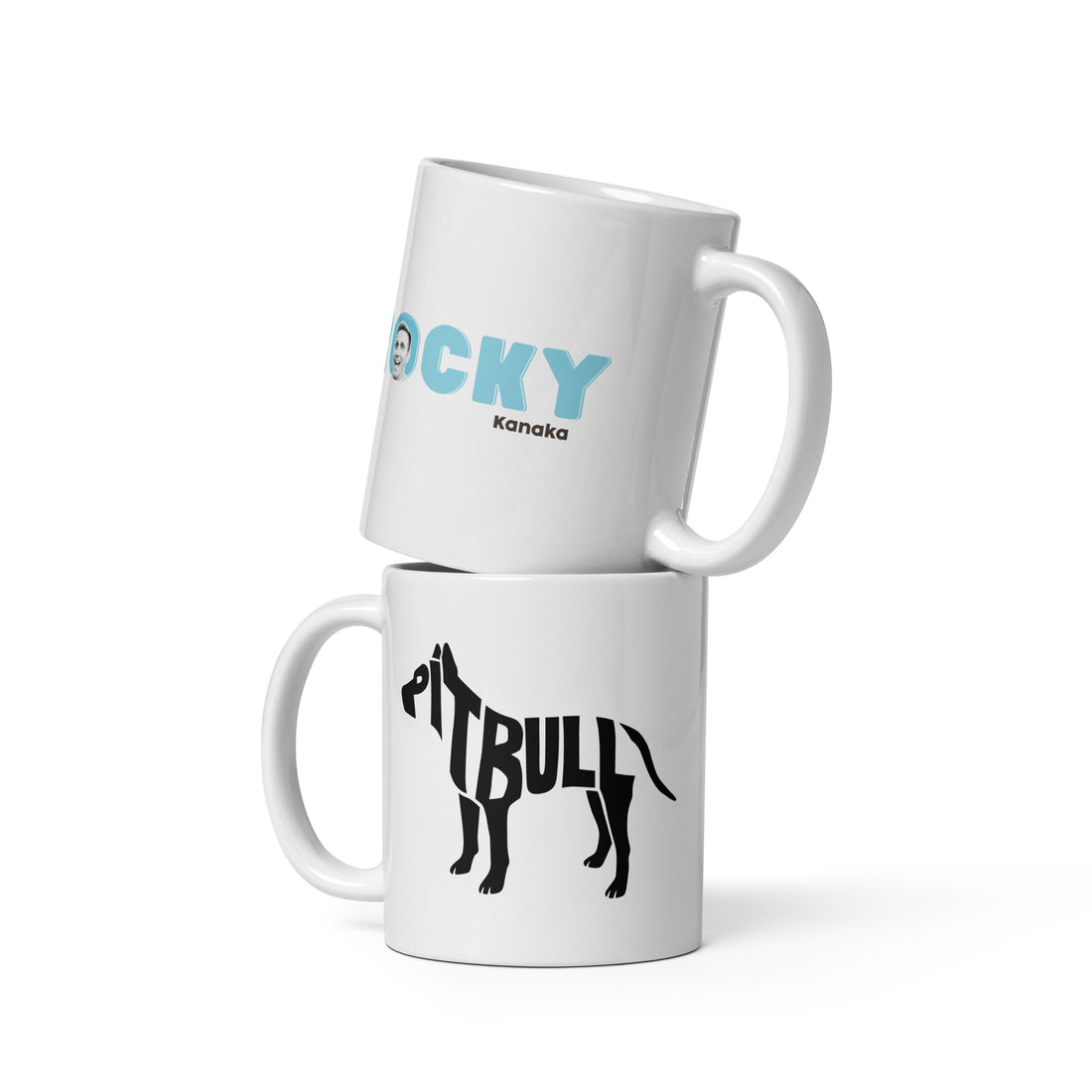The Truth About Pit Bulls: Setting the Record Straight

One of the ways I like to reach people is through storytelling, which is why I created this short film about a topic we think is super important: pit bull shaming.
Pit bull owners and potential adopters often face shaming from friends, family, co-workers, and even total strangers just because they own pit bulls! Where does all the hate come from and why have pit bulls been getting a bad rep for decades?
Our Picks for the Best Dog Food for Pitbulls
It’s about time we get to the bottom of these false and harmful beliefs. Let’s start by debunking some of the myths about pit bulls and bully breeds that reinforce discrimination towards this beautiful group of dogs.
Myths About Pit Bulls & Bully Breeds
Ignorance breeds hatred, and when it comes to pitties and bully breeds, there’s a lot of ignorance. Some of the common myths and misconceptions about pit bulls include:
- “Pit Bull” refers to a single breed of dog.
- Pit bulls and bully breeds are more aggressive than other dog breeds.
- Pit bulls and bully breeds are more likely to attack other dogs and people than other breeds.
- Pit bulls aren’t safe to have around children.
- Pit bulls are “hardwired to kill” and “bred to fight.”
- Pit bulls can “lock” their jaws.
- Pit bulls are naturally bad dogs.
Remember, none of these commonly held beliefs are true, they’re all based on misinformation and cultural bias.
Where Do These Myths Come From?
Pit bulls didn’t always have the bad reputation they do today. In the early days of breeding bully breeds, these dogs became a symbol of American tenacity and individualism and became a common working-class family dog. Through the late 19th and early 20th centuries, pit bulls were cast as loyal companions, lovable family dogs, and comedic relief, frequently seen in media of the time.
In the mid 19th century, dogfighting saw a surge in popularity, a trend which only continued to escalate until the ’70s and ‘80s when it reached an all-time high. The brutality of dogfighting was so extreme that humanitarian groups reached a point of desperation, and turned to the public to gather support. Widespread anti-dogfighting campaigns helped to create stricter laws to protect animals, but also had the unfortunate side effect of ruining the pit bull’s public image.
Around the same time, pedigree breeds were beginning to become more popular, further pushing pit bulls out of the American spotlight. Still a working-class dog, pit bulls became more common in BIPOC households. Undeniably, an element of racism contributed to the demonization of the pit bull, and continues to hold the breed back from true safety and acceptance today.

Pit Bull Bans & Demonizing Propaganda
Dozens of countries, cities, and provinces around the world have instated pit bull bans in an attempt to eradicate the breed altogether. Some bans prevent owners from keeping pit bulls or bully breeds at all, while others place limiting restrictions on their movements and activities. This leads to more pit bull shaming
In places where pit bulls are not banned by the government, many housing associations, rental management companies, and landlords ban pit bulls from living on their property. Some so-called “dog-friendly” stores are happy to take in most four-legged friends, but specifically, prevent pit bulls and their owners from shopping with them. In some terrible cases, even pet stores, groomers, and boarding facilities restrict dogs based on breed.
Where Are Pit Bulls Banned?
BSL, or ‘breed-specific legislation,’ isn’t uncommon in the US. While most states have at least a few municipalities with specific pit bull legislation, the states with the strictest and most punitive BSL in place include:
- Arkansas
- Iowa
- Kansas
- Kentucky
- Louisiana
- Michigan
- Mississippi
- Missouri
- Ohio
- Wisconsin
If you are traveling abroad with your pitty, be sure to check your destination country’s policies on pit bulls, and check all countries you may travel through during your trip.

The Truth About Pit Bulls
Despite the rocky reputation of the pit bull, this lovable breed continues to be a favorite of dog-lovers everywhere. Pitties make amazing pets and come in all shapes, sizes, colors, and temperaments. Pit bull shaming should not happen. Here are some of the facts about pit bulls that will explain why everyone needs one in their life:
- “Pit bulls” and “bullies” are a group of dogs, not one breed! The breeds often included in this umbrella label include American Pit Bull Terriers, Bull Terriers, Mastiffs (including Bull Mastiffs, English Mastiffs, Spanish Mastiffs, etc.), Bulldogs (English and French), Boxers, Boston Terriers, and the recently established American Bully.
- Pit bulls are typically sweet, playful, curious dogs. All breeds are capable of displaying aggression, and most dogs that do have been mistreated. Pit bulls are no more aggressive than labs, poodles, or Yorkies.
- Many pit bulls love people and other dogs, and play well in groups of all sizes! Pit bulls that are forced to fight other dogs are not responsible for their mistreatment and are not consenting to the activity.
- Until the mid 20th century, Staffordshire Bull Terriers were often referred to as “nanny dogs,” thanks to the deep bonds they can form with children.
- While it is true that the first American “pit bulls” were bred for fighting, very few of those dogs ever entered a fight. The “fighting gene” wasn’t so much a guaranteed result of breeding as it was a roll of the dice, and breeders were lucky if even one puppy in a litter showed potential for the right temperament. Pit bulls in modern fighting rings are forced to fight by humans and are not naturally more inclined towards fighting.
- Pit bulls cannot lock their jaws. They bite like any other dog, and the force of a dog’s bite is determined by its size.
- Pit bulls are naturally wonderful dogs that can help you find friends, make connections, and find your community within the world of dog lovers!
If you’re interested in adopting a pit bull or bully breed in California, keep an eye on the Rancho Coastal Humane Society website. You can also learn more about your favorite breeds (like pit bulls) by checking out Rocky Kanaka on YouTube.
Watch: Maple has a story that will pull at your heart strings and make you fall in love.



